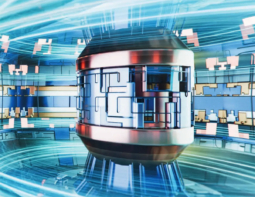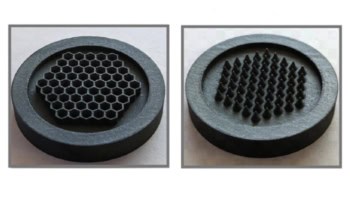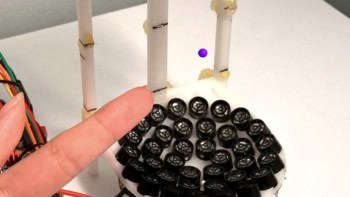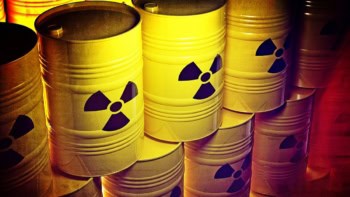
By Matin Durrani
What would happen if the global positioning system (GPS) were suddenly to stop working or be switched off? A lot more than a few wrong turns during a car journey, that’s for sure.
With so much technology relying on GPS, which is owned and operated by the US, it’s vital that alternative global satellite-navigation systems enter service. Thankfully, Europe’s Galileo system, currently in production in the UK, will be fully operational by the end of the decade. It will also be more accurate than GPS, which could lead to a host of novel applications.
But what’s interesting for physicists is that Galileo would not be possible without advanced vacuum engineering and testing – as you can find out in our new focus issue of Physics World on vacuum technology.
The new issue, which you can read free online, also looks at the use of vacuum systems at the CERN particle-physics lab, within the flat-panel display industry and for environmental scanning-electron microscopy.
We examine the use of the Casimir effect to make novel devices and catch up with work to install a massive 3600 tonne vacuum vessel at the ITER fusion reactor in France. There’s also an interview with Mariano Anderle, the new president of the International Union for Vacuum Science, Technique and Applications (IUVSTA).
Full members of the Institute of Physics, which publishes Physics World, are being sent a lovely print copy of the vacuum focus with their August issue of Physics World. But if you’re not a member or just want to read the issue now, then simply read it online.
Enjoy the issue!



